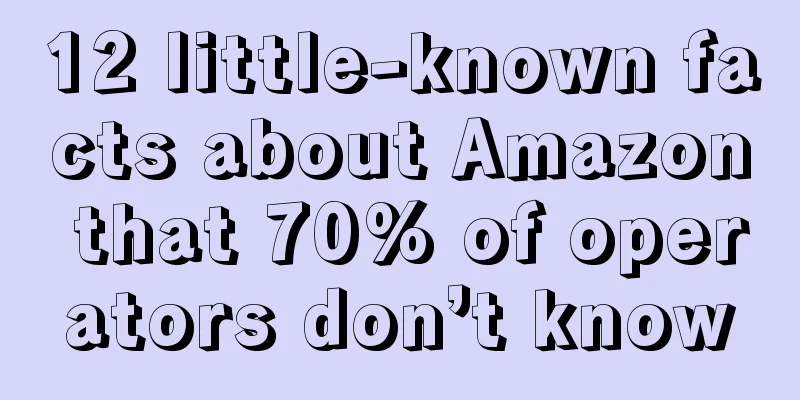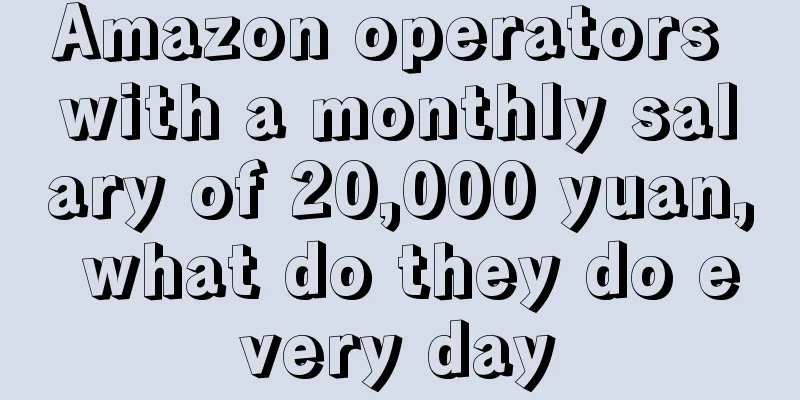|
2025 is destined to be a year full of uncertainty for cross-border sellers. Only one and a half months into the new year, cross-border sellers have not yet recovered from the fluctuations of "tariff policies changing every day", and news of another wave of platform policy adjustments has swept in. It is learned that recently, according to industry sources, Temu issued a notice on the rectification of accounts that have lost funds. The notice shows that the platform will severely crack down on sellers who use abnormal logistics order numbers to make illegal shipments, including the illegal use of water-trapped orders and technology delivery orders . Once any violation is found, the platform will restrict the seller's account from being removed from the entire store and limit cash withdrawals . The specific penalties are as follows: For first-time offenders, the restrictions will be lifted after a 15-day cooling-off period after the appeal is approved; For stores that violate the rules again after the restrictions are lifted, the platform will terminate cooperation and may take the same measures against related stores; Once the platform discovers malicious bypassing, attempts to provide false information, etc., it will not unblock the account.
It is understood that a "water-diverting account" refers to an illegal operation that forges a logistics account through false information or technical means to evade regular logistics fees (for example: the regular order number cost of USPS is about US$4.5/order, while a water-diverting account can reduce the cost to US$2.5/order). Since it can save a certain amount of logistics costs, many freight forwarders will take the risk to attract goods through its low prices. This low price advantage can also enable sellers to attract consumers with lower prices, forming price competitiveness. According to feedback from the industry, many freight forwarders that sellers on Temu cooperate with use this type of account. Therefore, once the notice was issued, it quickly caused heated discussions: "It is impossible for technology alone to completely eliminate what is prohibited." "Temu's price is too high. How can we avoid losing money?" “Only by strictly investigating the accounts that have been leaked can Temu become a platform that is truly worth doing.” “It is possible to seek wealth and honor through risk… The service providers who provide the delivery orders to the platform may also mix in the water orders.” It is reported that fraudulent accounts can bring certain profit margins in the short term, but their essence is to transfer logistics costs through fraudulent means , which will seriously undermine market fairness. Therefore, major platforms are gradually strengthening their review of them. It is learned that in October last year, Temu also launched a wave of operations to crack down on accounts that were leaking funds. Previously, some sellers could still get back most of the funds after the account was blocked. However, in this crackdown, once the seller’s illegal account is discovered, not only will the store be directly blocked, but the funds will also be directly restricted from withdrawal . According to industry sources, hundreds of Temu sellers have had their accounts closed and their withdrawals restricted , many of whom are top sellers and this is the first time they have been found to have violated regulations. In this regard, some sellers believe that the reason for this strict inspection is most likely that the United States has noticed that a large number of Temu sellers are using fake delivery orders. However, some sellers speculate that this is because Temu wants sellers to use platform delivery orders to promote the standardized transformation of the platform. [ Opening up a new blue ocean track, a full-link practical guide for new sellers in the POD model to start efficiently, all at the 2.26 Xiamen Cross-border POD Seller Seminar! ] It is reported that Temu’s recent move to increase store deposits has also attracted the attention of many sellers. It is learned that recently, according to sellers, Temu has once again issued a notice on adjusting the deposit: in order to ensure the compliance of goods and meet the regulatory requirements of the European market, for semi-hosted stores with CE certification on the German site , the platform will increase the store deposit standard to 5,000 euros (approximately 38,000 yuan). It is understood that not long ago, Temu raised the original 10,000 yuan deposit of some semi-hosted sellers to 30,000 yuan based on considerations of historical sales (GMV). Now with the additional 38,000 yuan, the deposit of some sellers related to the German site has reached nearly 70,000 yuan. Due to the large amount of margin after the increase, the pressure on many small and medium-sized sellers, who already have tight cash flow, has doubled, and they directly call it "the platform robbing them of their money." Further digging into the reasons behind Temu's increase in margin seems to be related to the recent frequent changes in US tariffs. In the past few years, Temu's rapid expansion has relied on low-price strategies and tariff exemption policies as its core advantages, but the adjustment of US tariff policies (such as the cancellation of the "T86 policy") may directly lead to a surge in the cost of its fully managed model. Although the United States has temporarily restored the T86 policy, the industry generally believes that there is a high probability that the policy will be cancelled again in the future. On the one hand, the increase in margin can be seen as a move by the platform to transfer risks and enhance the stability of the capital chain . On the other hand, it is also like a "notice letter" to further promote sellers to transform to a semi-custodial model and pay attention to operational compliance . It is understood that the semi-custody model requires sellers to use overseas warehouses or local warehouses for delivery, which has a faster fulfillment time, but requires higher capital investment. Temu may force sellers to switch to semi-custody by raising the deposit threshold, thereby reducing reliance on the full-custody model. At the same time, it can also enhance sellers' attention to compliance operations and reduce platform losses caused by violations. For the cross-border e-commerce industry, Temu's policy adjustment is essentially a microcosm of the industry's transition from wild growth to mature and standardized development. [ Opening up a new blue ocean track, a full-link practical guide for new sellers in the POD model to start efficiently, all at the 2.26 Xiamen Cross-border POD Seller Seminar! ] In the short term, Temu's transformation pains are unavoidable, but in the long term, this adjustment may inject a healthier competitive ecology into the industry. In this volatile market, sellers with brand barriers, adaptability and supply chain advantages are more likely to survive.
|










